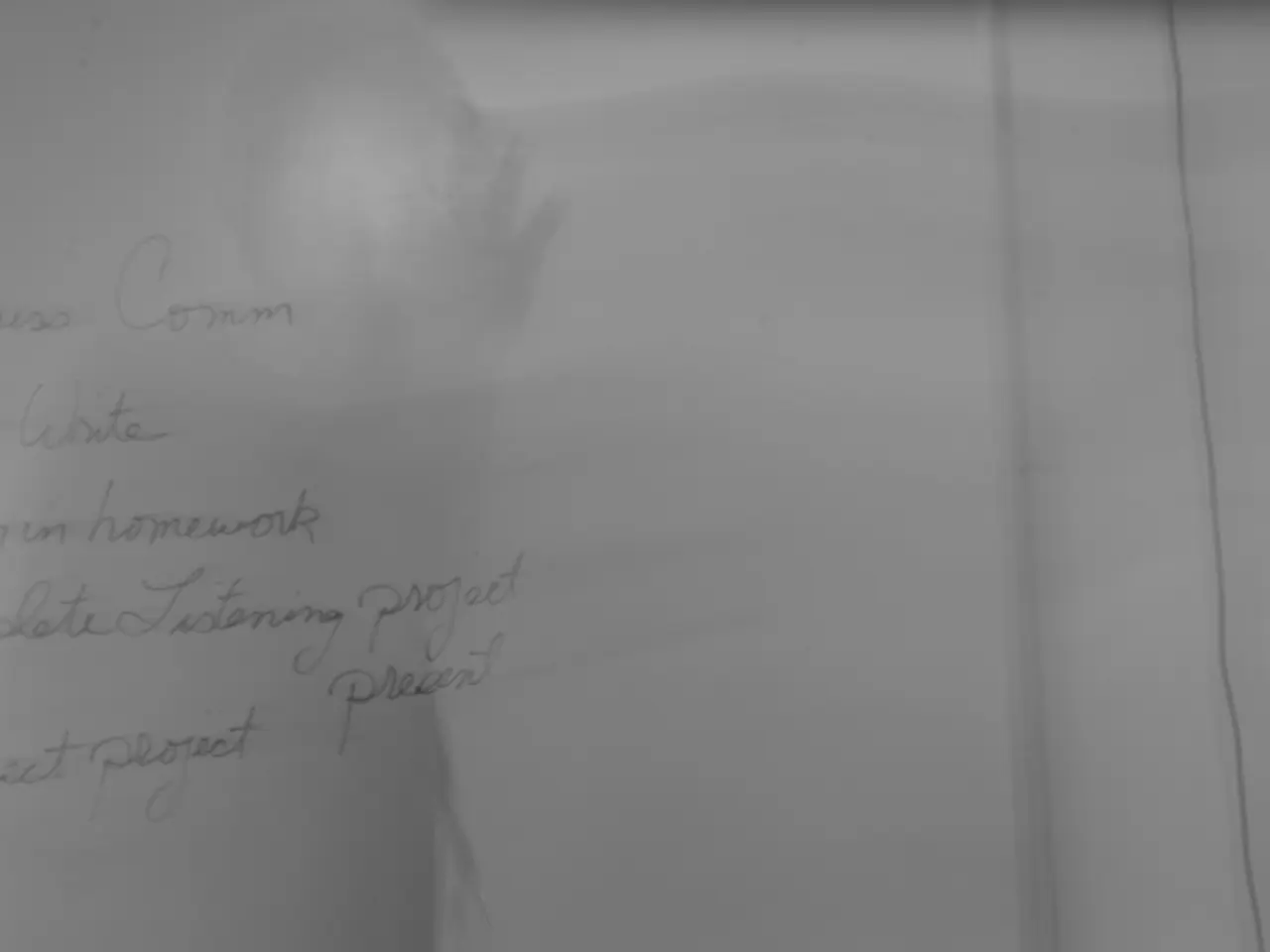Evaluating the Risks Linked to Smart Contract Malfunctions in Actuarial Science
In the rapidly evolving world of smart contracts, actuaries are playing an increasingly vital role. These self-executing agreements, with terms encoded within software, are used for automating processes, enhancing security, and reducing costs. Actuaries, with their unique expertise, are essential in identifying potential risks linked to smart contracts and evaluating scenarios that may impact contract performance.
Smart contracts consist of several essential components: code, blockchain, participants or parties, and data or events that trigger execution. The significance of actuaries in this domain is evident as they apply mathematical and statistical methods to model different scenarios, predict outcomes, and gauge the likelihood of smart contract failures.
The Role of Actuaries in Smart Contract Risk Assessment
Actuaries employ various techniques to evaluate the risks associated with smart contracts. These include risk-based pricing models, scenario analysis, and data-driven actuarial modeling. These techniques focus on understanding the probabilistic outcomes of smart contract execution failures, exploits, or operational flaws, enabling insurers and risk managers to price coverage adequately and manage capital reserves effectively.
Risk-Based Pricing (RBP)
Actuaries use Risk-Based Pricing (RBP) to reflect the risk exposure embedded in smart contracts. By assessing the likelihood and financial impact of contract failures or hacks, premiums can be calibrated to incentivize risk mitigation behaviors among users or developers and keep insurance viable in high-risk environments.
Scenario Analysis and Stress Testing
Modeling various failure scenarios—such as coding bugs, blockchain network attacks, or liquidity crises—helps assess potential actuarial losses. This allows insurers to set adequate reserves and tailor coverage that reflects the nuanced risk profiles of different types of smart contracts or blockchain protocols.
Data-Driven Actuarial Modeling
Leveraging historical data on smart contract incidents, security breaches, and related financial losses (when available), actuaries can build statistical models estimating risk parameters. This reduces reliance on gut instinct and improves accuracy in coverage sizing and pricing.
The Impact of Actuarial Risk Assessment
These actuarial techniques enable insurers to maintain solvency and coverage availability even in highly volatile and novel risk domains like smart contracts by appropriately quantifying and pricing risk. By embedding risk reflection in pricing and capital requirements, they create market signals that encourage better development practices and risk mitigation strategies by smart contract creators and users.
However, the field faces challenges: limited historical data on smart contract failures, the evolving nature of blockchain technologies, and rapidly changing regulatory contexts complicate precise actuarial projections. Actuarial assessments alone cannot fully prevent smart contract failures but are an essential part of a multi-layered risk mitigation strategy including technical audits, on-chain monitoring, and regulatory compliance.
The Future of Actuarial Risk Assessment in Smart Contracts
As the market for smart contracts expands, actuaries will take on an increasingly vital role, collaborating more closely with software developers and requiring specialized training in blockchain technology. Further research and education in this field are essential for students and professionals to dive deeper into how smart contracts function and the risks they may entail.
Continuous monitoring of smart contracts is essential to catch any irregular activities quickly. Implementing failsafe mechanisms can protect funds and users when something goes wrong in smart contracts. Analyzing historical data involves techniques such as trend analysis, statistical models, simulations, comparative analysis, and risk matrices.
Embracing lessons learned from past smart contract failures will aid in building more secure smart contracts, ultimately benefiting all stakeholders in the ecosystem. It's crucial for everyone involved in the smart contract ecosystem to stay informed and adaptable as this area continues to evolve.
References:
- Smart Contract Risk Management: The Role of Actuaries
- Actuarial Risk Assessment of Smart Contracts
- Actuarial Approaches to Quantifying Smart Contract Risks
- Actuarial Risk Management in the Blockchain Ecosystem
- Insurtech and Smart Contracts: The Future of Risk Management
Actuaries may use technology in educational platforms, such as those centered around finance, lifestyle, investing, and education-and-self-development, to provide insights into the risks associated with smart contracts in these domains. This may help individuals make informed decisions about engaging with smart contracts and related activities, including casino-and-gambling and sports betting, where filming or live streaming the transactions could add another layer of complexity and risk.
Since weather events can potentially affect smart contracts, actuaries might consider integrating weather data into their risk assessment models. Climate patterns may influence smart contract execution and could be a factor in determining the likelihood of failures or operational flaws.
As actuaries work closely with software developers, they may explore investing in technology that improves the efficiency of smart contract development, validation, testing, and deployment. This focus on technology fosters a culture of ongoing innovation and empowerment, setting the stage for new opportunities in the smart contract landscape.
In the competitive world of sports, embracing technology in smart contracts can revolutionize the way betting markets operate, streamline contractual agreements, and enhance transparency in results reporting. Actuaries can play a significant role in evaluating the risks associated with such innovations, ensuring the integrity of sports betting and preserving trust among all parties involved.




